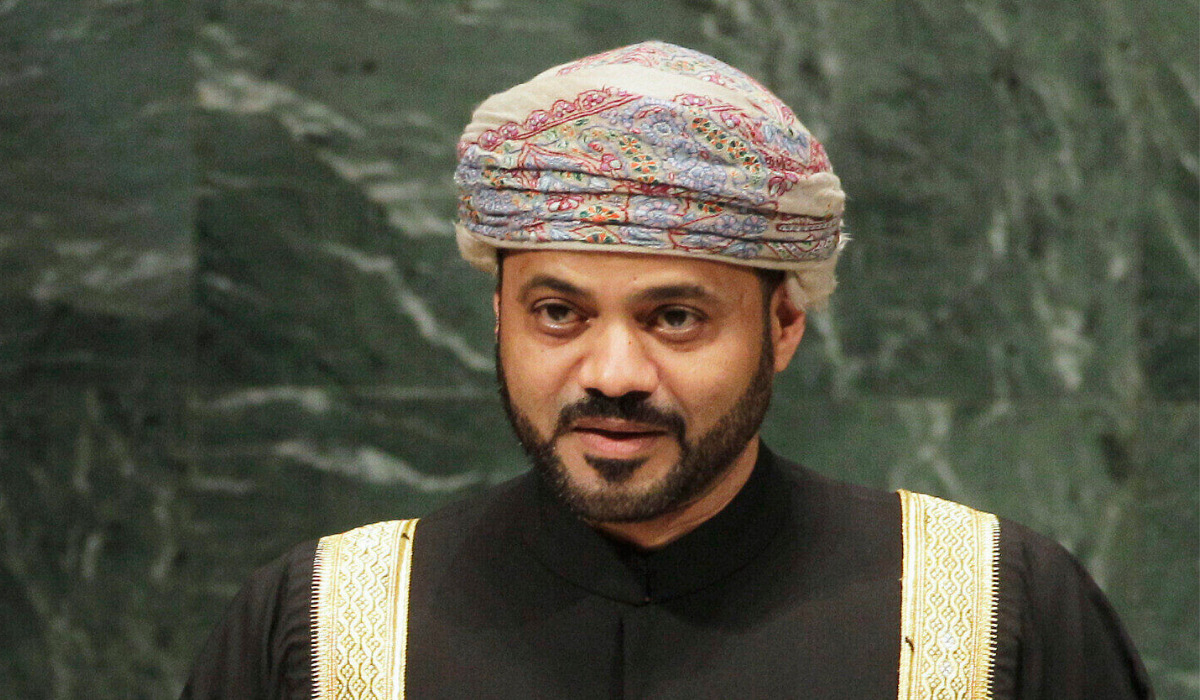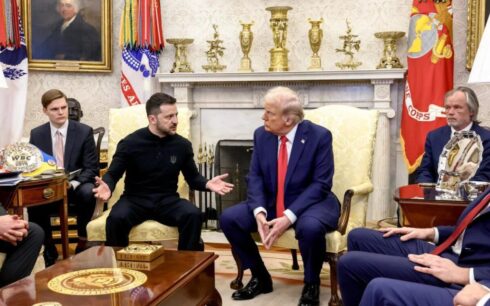Iran and the United States are close to finalizing a deal on the release of Americans held in Tehran, Oman’s foreign minister said.
In an interview with Al-Monitor, Oman’s Foreign Minister Sayyid Badr Albusaidi said Wednesday however that he senses “seriousness” on the part of both Washington and Tehran as their negotiators try to reach an agreement on the nuclear issue.
Eighteen months of on-and-off negotiations broke down in September after US officials said Iran put forward new demands that went beyond the scope of the original 2015 deal, under which Iran agreed to curb its nuclear activity in exchange for sanctions relief, Al-Monitor reported.
At stake are the fates of Americans Siamak Namazi, Emad Shargi and Morad Tahbaz, who are imprisoned in Tehran’s notorious Evin Prison on espionage charges the United States says are baseless. The Biden administration is unlikely to reach any agreement on the nuclear issue without first securing their release, analysts say.
As part of a deal, Iran is seeking the release of billions of dollars in Iranian assets frozen in South Korean banks under US sanctions. A proposed mechanism would permit Iran to access those funds for humanitarian purposes only. Third parties including Oman, Qatar and the United Kingdom have at various times played a role in facilitating those discussions.
“I can say they are close,” Albusaidi said of a potential prisoner agreement, as quoted by Al-Monitor. “This is probably a question of technicalities.”
“They need to have a framework [and] a timeframe of how this should be orchestrated,” he said of the frozen funds. “I think they’re ironing those things out.”
Oman, which acted as a backchannel for the 2015 nuclear accord, has been a recent venue for indirect talks between US and Iranian officials, according to several sources with knowledge of the talks. On Monday, Iran’s Foreign Ministry confirmed reports that Muscat hosted the discussions, adding they “were not secret.”
According to Al-Monitor report, Albusaidi did not confirm Oman’s involvement, but said his country has “offered in good faith our offices to help both sides, be it here or anywhere else.”
Iran’s rapidly expanding nuclear program and its stonewalling of inspectors has injected urgency into the talks. Reports say that the United States now estimates that Tehran’s so-called breakout period — the time needed to amass enough fissile material for one nuclear bomb, if it chooses to do so — has gone from one year to “weeks or less.”
Al Monitor says that aState Department spokesperson has said that the administration, via regional channels, is “concurrently urging Iran to take a de-escalatory path after several months of negative developments.”





